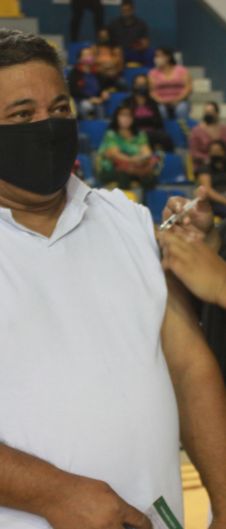This website uses cookies so that we can provide you with the best user experience possible. Cookie information is stored in your browser and performs functions such as recognising you when you return to our website and helping our team to understand which sections of the website you find most interesting and useful.
We are a collaborative social investment fund that works on the creation and execution of initiatives focused on education, employability and sustainable socio-economic development.
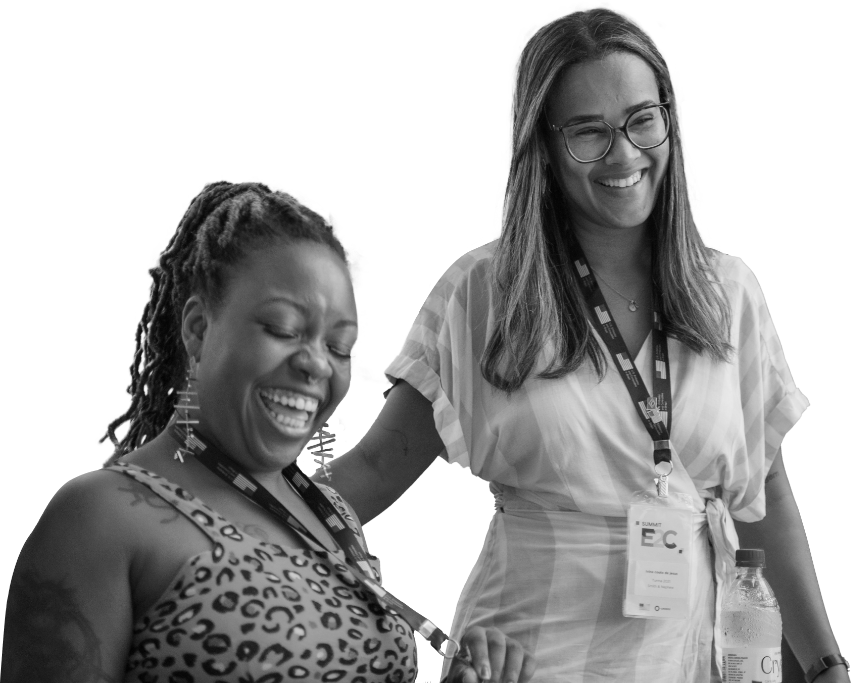
Grupo +Unidos is a non-profit civil society organization.
The institution was born in 2008, from the desire of the American diplomatic mission to mobilize companies in order to promote social transformation in Brazil. In addition to financial investment, we generate engagement and influence exchanges of experiences among the corporate world, social organizations and the public sector.
We connect networks and different sectors to facilitate social and collaborative investment to develop and support initiatives in education, employability and sustainable development.
Click and learn morestates to see its projects
Impact Network
- Be part of a network of companies that are transforming Brazil;
- Have direct contact with American diplomacy.
Social Impact
- Scale your social impact by building cross-sector projects in partnership with the public, private and third sectors.
Grupo +Unidos is formed by large American institutions and companies operating in Brazil, driven by professionals who believe in joining forces to expand opportunities in Brazilian territory.
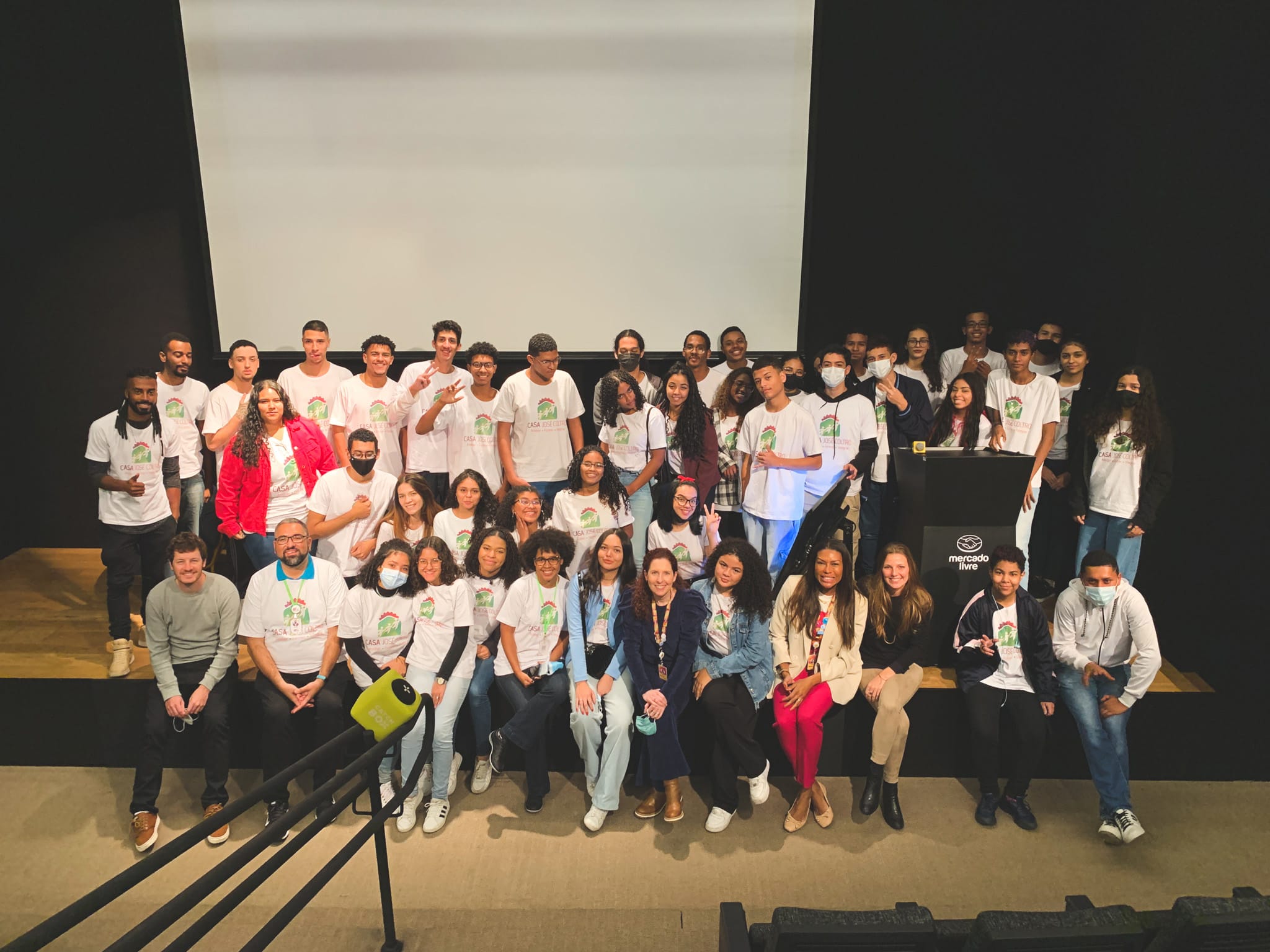
Learn about the initiatives of Grupo +Unidos.
Working on learning projects with a focus on technology, English language teaching and training for the labor market.
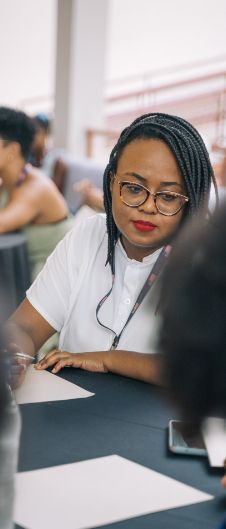
Initiatives that work on technical training of youth and entrepreneurs, business development and strengthening of networks.
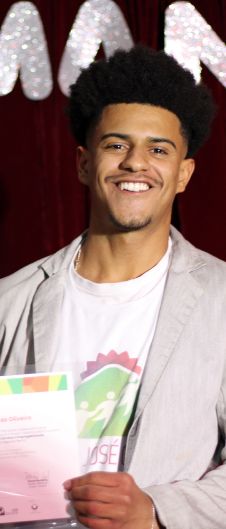
Acting on initiatives for sustainable development in the Legal Amazon region.

Structuring an emergency fund focused on tackling COVID-19.
